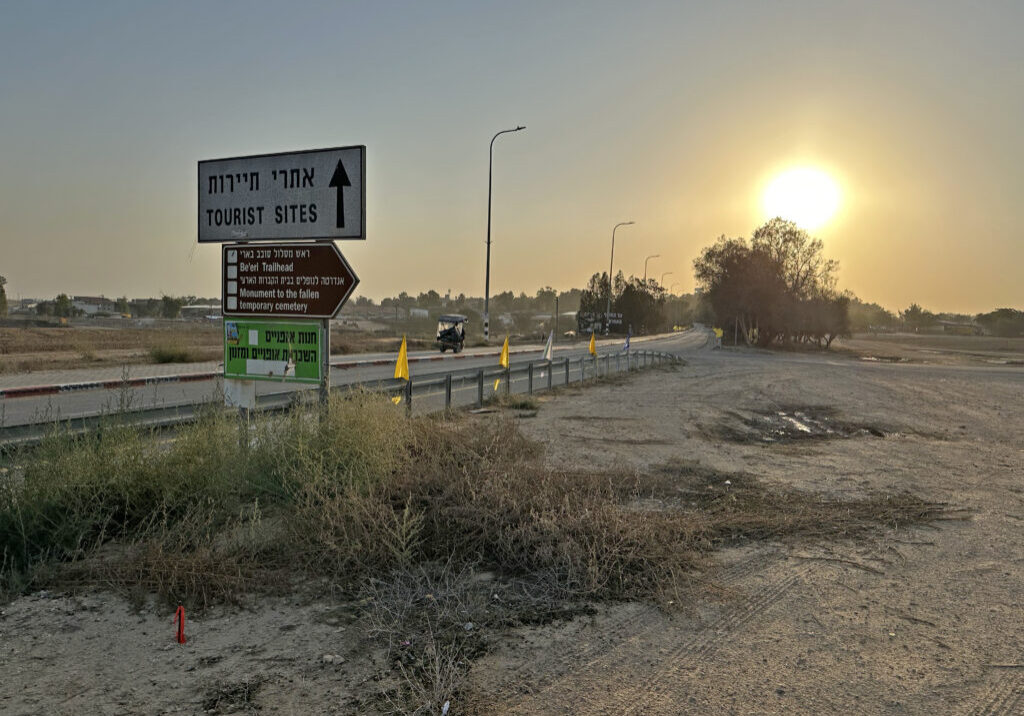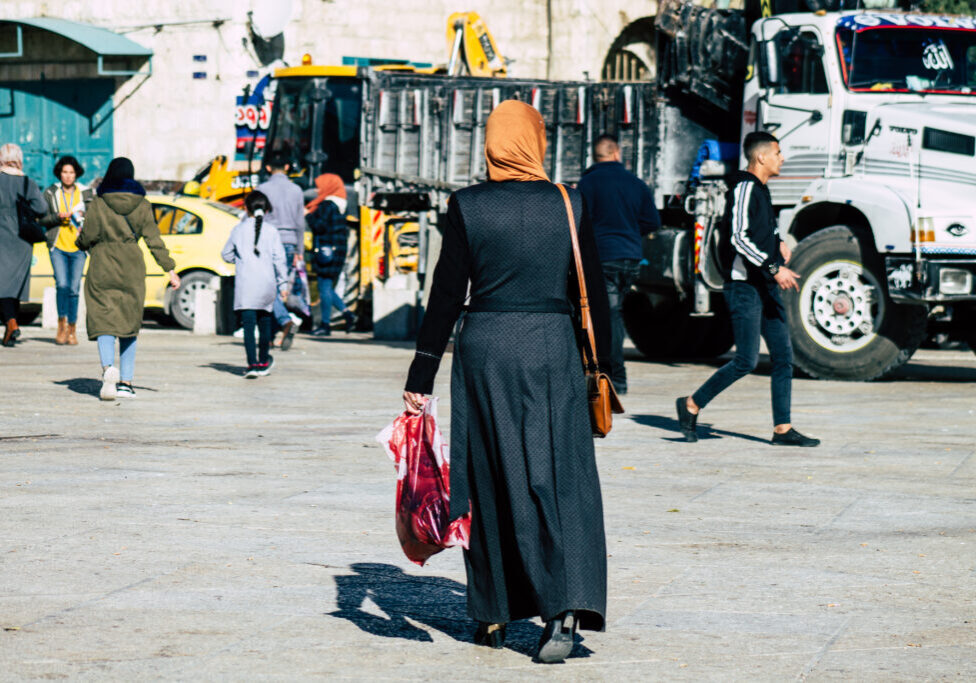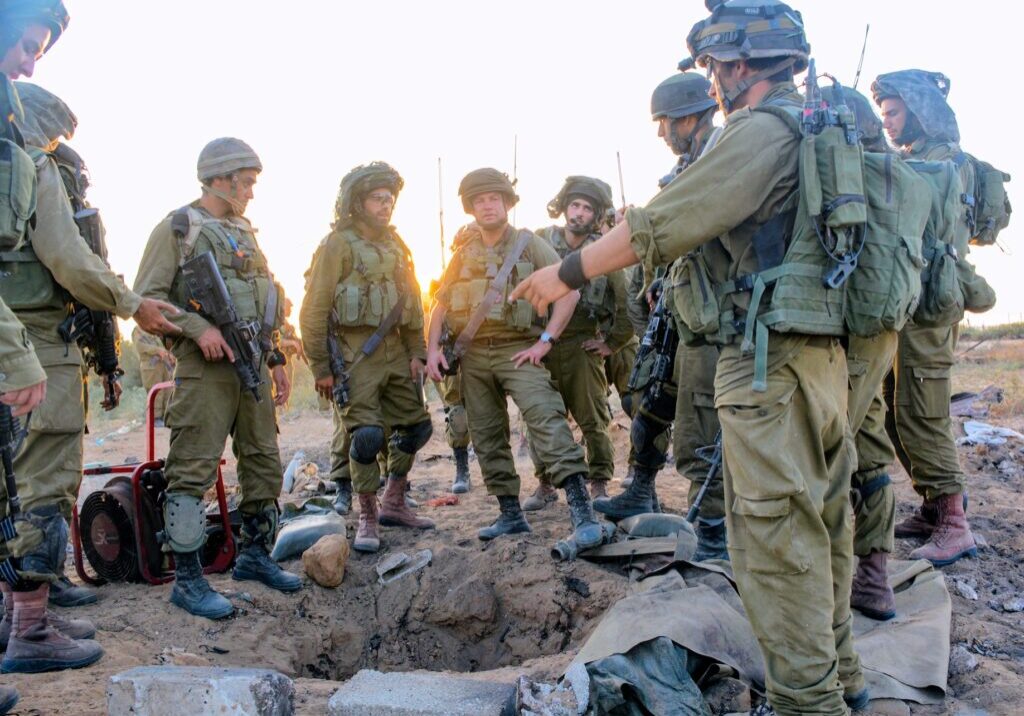Australia/Israel Review
How human rights are weaponised against Israel
Sep 18, 2025 | Gerald Steinberg
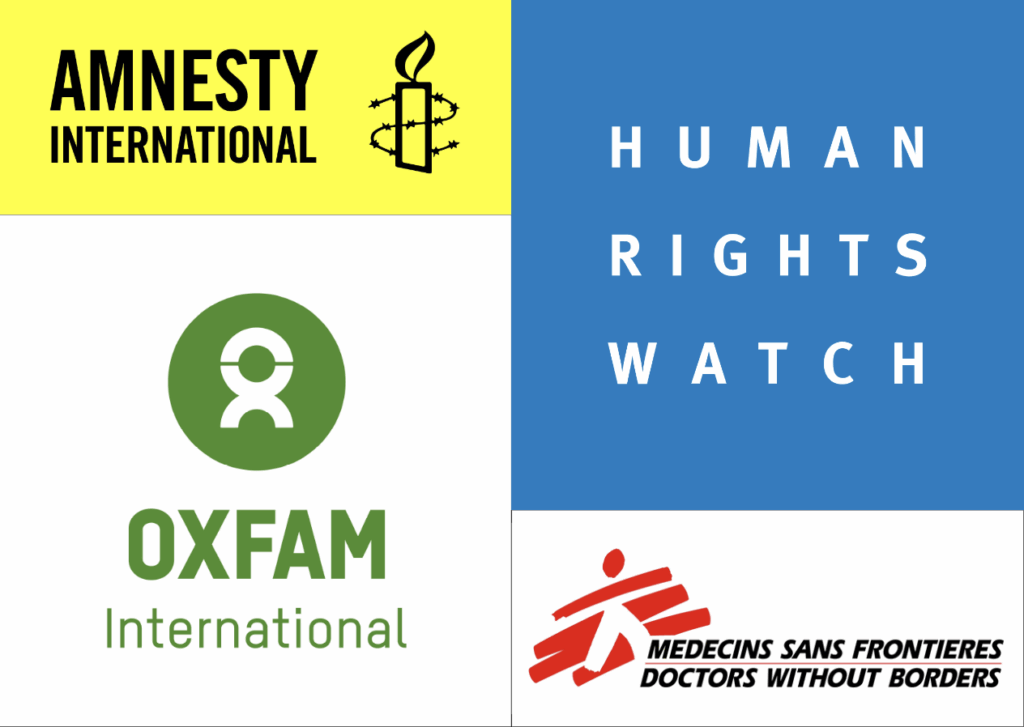
Decades of distortion by rich and powerful NGOs
Within hours of the Hamas atrocities of October 7, 2023, the leaders of major institutions claiming to promote the moral principles of human rights and international humanitarian law issued statements for major news platforms and posted texts on social media. The condemnations from these powerful non-governmental organisations (NGOs) were directed not at Hamas but Israel – already then, before the IDF response in Gaza began, with accusations of “war crimes”, and “apartheid”, and, for some, genocide and starvation. If Hamas slaughter and the Israeli victims were mentioned, these were cursory and designed as tokens.
In the months that followed, these accusations were amplified continuously in campaigns led by the NGO industry’s global powers – Amnesty International, Human Rights Watch (HRW), Oxfam, Doctors without Borders (Médecins Sans Frontières – MSF), etc. and their UN-based allies – particularly the Human Rights Council’s “Special Rapporteur” on Palestine, Francesca Albanese. On every available platform, they repeated the demonisation that was promoted decades earlier in the UN and peaked with the 1975 “Zionism is racism” resolution led by the Soviet bloc and the Arab League. Following the end of the Cold War and the USSR’s subsequent dissolution, this legacy was revived in the UN- and NGO-led Durban conference, held in 2001 under the false premise of anti-racism. In this highly orchestrated venue, representatives of 1,500 NGOs adopted a plan of action that called for the complete international isolation of Israel as an apartheid and genocidal state.
The NGO and UN network was central during the following two decades in systematically weaponising the language and principles of human rights and international law to demonise Israel. Amnesty, HRW, Oxfam, MSF and others that began as altruistic groups promoting human rights were taken over by radical ideological activists allied with Palestinian and Islamist movements supporting “armed struggle” and “resistance” (terror) – the “green” component of the red-green alliance. Israel was their central target, reflecting the “new antisemitism”, in which the nation-state of the Jewish people is painted as the prime example of Western colonialism. These were amplified by “intersectional solidarity” for those automatically designated as innocent victims – particularly Palestinians. Within this prism, for many human rights leaders and activists, the Jewish state is seen as intrinsically malevolent, regardless of policies.
Numerous smaller NGOs operating in different frameworks, including radical church organisations claiming agendas of peace and humanitarian aid, joined these campaigns. Immediately after the October 7 atrocities, university-based groups like Students for Justice in Palestine (SJP) – with hundreds of branches, many under different names – and Palestinian Youth Movement orchestrated violent “protests” – tent encampments, boycotts, and systematic intimidation of Israeli and “Zionist” (meaning Jewish) faculty, organisations and guest speakers. Already on Oct. 9, 2023, more than 100 SJP branches held a web-based workshop to disseminate strategies for disruption and information warfare, based on a detailed toolkit that was prepared in advance. These groups chanted the same slogans, held the same signs and recycled the same talking points claiming to speak for human rights and international law – while claiming to be a grassroots movement.
The malign influence of the vast NGO industry is highly visible in the litany of false accusations – including war crimes, starvation, and genocide – leveled at Israel. The statements and reports by the United Nations Human Rights Council (UNHRC) and the pronouncements of the International Criminal Court prosecutor Karim Khan – including the arrest warrants issued for Prime Minister Netanyahu and Defence Minister Gallant on the claim of starvation – directly reflect the NGO impact. This is also evident in the “genocide” case brought by South Africa before the International Court of Justice. The direct result of these systematic campaigns against the Jewish state has been clear: a massive increase in antisemitic attacks against Jews worldwide.
The NGO network’s outsized power and influence is facilitated by massive budgets. For example, the annual budget of Amnesty International exceeds €370 million (AU$661.5 million); HRW has US$100 million (AU$154 million), while Oxfam enjoys €1 billion (AU$1.79 billion) and MSF €2.4 billion (AU$4.29 billion). These organisations devote a highly disproportionate percentage of their staffing and funding to the demonisation of Israel, but in contrast to democratic political and business frameworks, NGOs are not subject to any form of independent oversight or checks and balances, and their governing boards are generally rubber stamps.
In addition, the NGO “halo-effect” – in which these organisations and their leaders are routinely described and lauded as “highly respected” politically-neutral experts – grants them tremendous power, amplifying the malign anti-Israel agenda across major media platforms. For example, in the numerous conflicts triggered by rocket and terror attacks from Gaza after the 2005 Israeli withdrawal, as well as in the 2006 Lebanon War, NGOs issued a continuous stream of publications condemning Israel, which were automatically embraced by journalists. Similarly, the repetition of non-factual claims and interpretations of international law by political figures and anti-Israel academics ignored numerous detailed analyses exposing the lack of NGO credibility.
This key role of journalists in promoting and amplifying the agendas of advocacy NGOs is reflected in all issues related to Israel. For example, in 2021, a New York Times headline declared: “Rights Group Hits Israel With Explosive Charge: Apartheid,” with this sub-headline: “Human Rights Watch is the latest watchdog to accuse Israel of perpetuating a version of the racist legal system that once governed South Africa. Israel says the charge is baseless” (April 27, 2021).
In parallel, the NGOs have a very large presence on social media, where the singling-out of Israel is also blatant. In three months, HRW head Ken Roth posted more than 100 tweets on Israel and apartheid, as well as dozens on Gaza that accused Israel of “war crimes”. In comparison, during the same period, Roth posted 20 tweets on Afghanistan, as the number of killings by Taliban forces was increasing daily. In addition, HRW staff members – including Omar Shakir, listed as the main author of its publication on alleged Israeli apartheid – posted and retweeted massively in promoting this theme. A few months later, Amnesty launched a parallel “apartheid” publication and surrounding marketing, with the same characteristics.
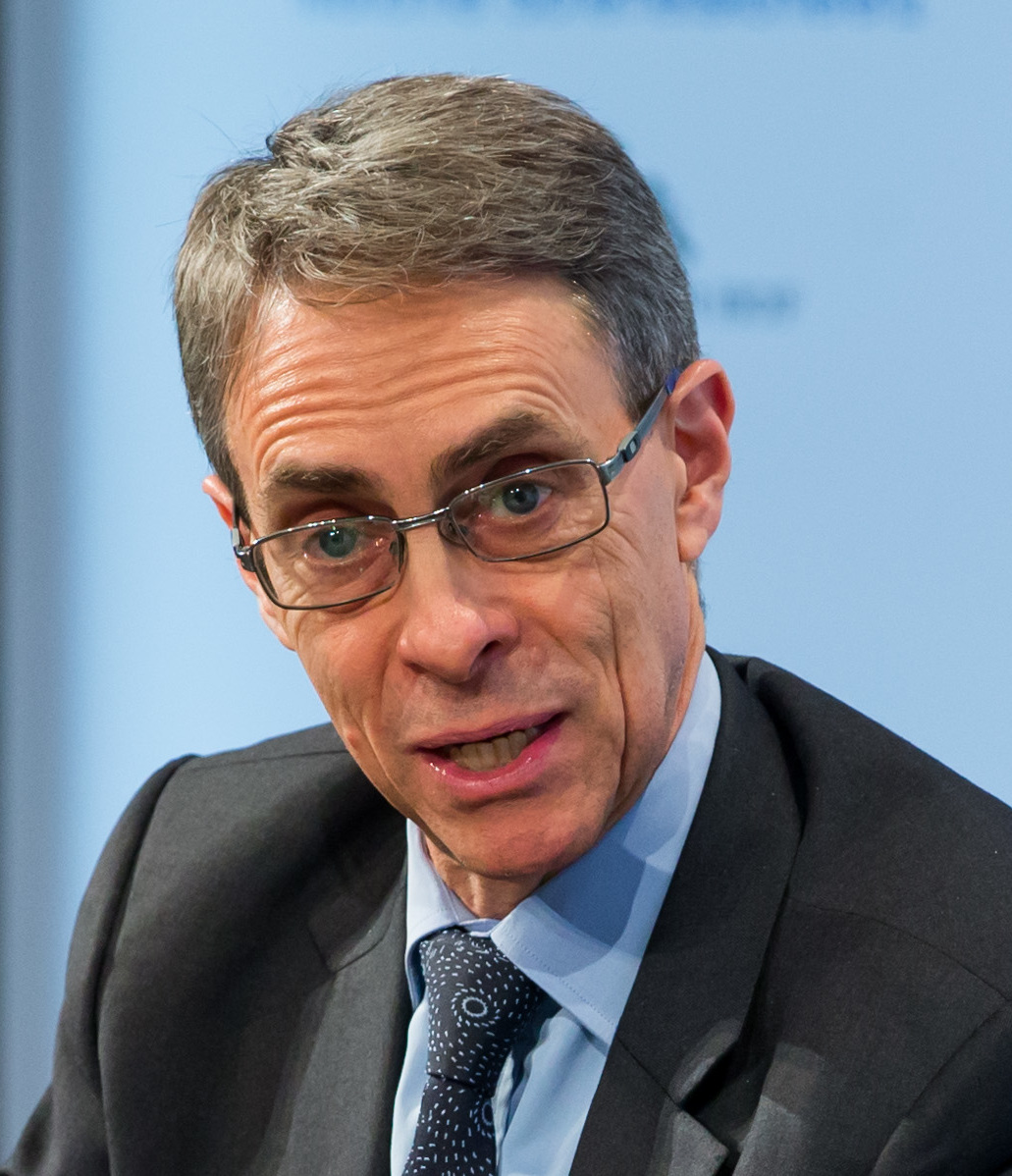
Former HRW head Ken Roth (Image: Wikipedia)
A broader repeatedly-rehearsed, well-financed, tightly-orchestrated and high-impact NGO disinformation war was put into action in parallel to the October 7 attacks, specifically in the campaigns on “genocide”, “starvation”, and allegedly unjustified attacks on hospitals in Gaza. In December 2024, both HRW and Amnesty published what they advertised as detailed research reports claiming to provide evidence of genocide in Gaza. Journalists instantly cited these accusations without attempting to assess their credibility (or its absence) – for example, the headline of a BBC report was “HRW accuses Israel of acts of genocide over Gaza water access” and the text was taken directly from its press summaries (Dec. 20 2024).
A core strategy in these NGO industry campaigns, reflected uncritically by journalists and academics, is the systematic elimination of terrorism from history, evidence, and timelines. This includes ignoring the most heinous examples of sadism, torture and sexual violence proudly live-streamed by Hamas on October 7. By artificially removing the context of these incomprehensible attacks, the NGOs misrepresent Israel’s military responses and blockades as “disproportionate” and violations of international humanitarian law.
Furthermore, the anti-Israel NGO advocacy network is characterised by extensive ties to Palestinian terror organisations, and by blatant antisemitism. David Collier’s 2019 comprehensive study of Amnesty and many of its employees demonstrated that “Amnesty has employed people with open pro-terrorist sympathies, crucially relying on them to provide information upstream that shapes opinion.” Staff members and consultants tweeted support for terror and shared “advice about hiding the truth to protect the ‘resistance’.” In late December 2024 (during the Christmas period), Amnesty featured an image of Joseph, Mary and Jesus being targeted by a missile with a large stripe of red (connotating blood), under the heading “End Israel’s Genocide Against Palestinians in Gaza.” The antisemitic nature of this messaging was unmistakable.
The exploitation of the genocide label, led by the powerful NGO network and its allies, is also a form of heinous Holocaust inversion, in which the Jews (Israel) are turned into “the new Nazis”, and Palestinians portrayed as “new” Jews. Beyond the obvious historical fallacy (European Jews exterminated by the Nazis did not engage in mass murder or call for “wiping Germany off the map”), this tendentious movement seeks to replace Jews as primary victims with a fraudulent universalism that removes the unique guilt of Germany and its numerous collaborators.
Confronting NGO Warfare and Antisemitism
These biases are open secrets, fully recognised within the NGO world. Shortly after the October 7 atrocities, Danielle Haas, a senior editor at HRW for 13 years, left the organisation, denouncing the blatant anti-Israel and antisemitic climate in which the top officials “surrendered its duty to stand for the human rights of all.” [See Haas’ article detailing the full story in the October 2024 edition of the AIR] Her statements reinforced the evidence of systematic targeting of Israel, double standards, and extreme disproportionality at HRW. She noted HRW’s initial response to October 7, which stressed “the ‘context’ of ‘apartheid’ and ‘occupation’ before blood was even dry on bedroom walls.” It reflected, said Haas, the systematic politicisation that violated “basic editorial standards related to rigor, balance, and collegiality” and “abandoned principles of accuracy and fairness.” Anonymous HRW staff members, both Jewish and non-Jewish, said that their concerns about antisemitism were met with “hostility at worst,” and “inaction and indifference at best.”
Following Haas, other current and former staffers have spoken out about the anti-Israel and antisemitic environments that permeate the human rights NGO industry. Former Amnesty senior employee Dan Balson referred to a “harshness creeping in whenever the subject of Israel arose,” and “an antipathy toward Israel and anyone who identified as a Zionist.” Balson cited Amnesty’s statements on October 7 that condemned “unprecedented escalation in hostilities between Israel and Gaza” and only once referred to Hamas. A colleague’s post declared that “resistance against oppression is sometimes ugly,” and staffers dismissed the concerns raised by Jewish colleagues, accusing them of Islamophobia. In his resignation post, Balson condemned Amnesty’s leadership, which “has shown such disdain for Israelis’ existential fears that it seems deliberately calculated to repel rather than attract and persuade.”
As Haas concludes, “Dissenting in today’s increasingly dogmatic human rights organisations is rapidly turning into an act of kamikaze bravery, dared only by those willing to risk their jobs, professional sidelining, and personal attacks.”
As demonstrated, the systematic targeting of Israel, in violation of the principle of universality, is deeply embedded in the institutions claiming to promote human rights. False accusations of “apartheid”, “deliberate starvation”, and “genocide” – accompanied by the systematic omission of heinous terror, as demonstrated by Hamas on October 7 – are major contributors to modern anti-Zionist antisemitism.
Going forward, it is essential to restore the principles of universality and “evenhandedness” to institutions that base their legitimacy on the 1948 Universal Declaration of Human Rights. The first step is to consistently and repeatedly challenge and confront major NGOs like Amnesty, HRW and Oxfam, as well as the UNHRC and other UN agencies.
The application of the consensus-based working definition of antisemitism adopted in 2016 by the International Holocaust Remembrance Alliance (IHRA) is also an urgent priority for human rights NGOs and the UN. As stated in the text, “Manifestations [of antisemitism] might include the targeting of the State of Israel, conceived as a Jewish collectivity,” including “Denying the Jewish people their right to self-determination, e.g., by claiming that the existence of a State of Israel is a racist endeavor… applying double standards… and drawing comparisons of contemporary Israeli policy to that of the Nazis.”
Ending the widespread abuse of human rights principles that so often leads to violent Jew-hatred and widespread intimidation will require direct confrontation with these powerful institutions, their leaders, and allies for whom the demonisation of Israel and Zionism is the primary objective. Victory on this essential battlefront is vital in restoring the centrality of the moral principles embodied in the 1948 Universal Declaration of Human Rights – adopted in the shadow of the Holocaust.


